The following symposia have been selected for the CARE4 2024 scientific programme and will take place during the conference:
Presenters:
Prof. dr. Ann Van Hecke, UGent/UZ Gent, Belgium (Chair)
dr. Pieter Heeren, KU Leuven/UZ Leuven, Belgium
Marie Cerulus, KU Leuven/UZ Leuven, Belgium
Ine Decadt, AZ Groeninge, Belgium
Patient expert and Elsie Decoene, UZ Gent, Belgium
In many countries, healthcare systems are under pressure as evidenced by prolonging waiting times and decreased healthcare access. A key explanation for these challenges are societal evolutions, such as ageing of populations and increasing prevalence of chronic conditions. As a result, patients not only need more care, but also need care that is more comprehensive. The debate on future-proof healthcare systems has long been suggesting that nurses can take on more advanced roles and set-up nurse-led consultations/clinics (NLC). Learning objectives: (1) To describe the effectiveness of NLC on patient and organisational outcomes; (2) To describe and compare NLC in five international bestpractice regions anno 2023; (3) To provide insights in perspectives of stakeholders involved in the development and implementation of NLC in an oncology department, and (4) To provide insights in the patient’s experience when care is provided in NLC
Contributions:
- Impact of NLC on patient and organisational outcomes: overview of the evidence, dr. Pieter Heeren
- What can we learn from NLC-implementation in international best-practice regions? Marie Cerulus
- What are the perspectives of stakeholders involved in the development and implementation of NLC in an oncology department? Ine Decadt
- What can we learn from patient experts when care is provided in NLC? Patient expert and Elsie Decoene
Interactive discussions with the audience will be held (1) to facilitate the translation of the evidence-based knowledge on NLC into recommendations applicable for their personal working context, (2) to discuss on future implementation of NLC in other domains/settings, and (3) to reflect on barriers and facilitators in future implementation of NLC in health care in Belgium.
Presenters:
Professor Mats Eriksson, Sweden (Chair)
Presenters: Dr. Emma Olsson (Sweden), Professor Dimitri Beeckman (Belgium and Sweden), Dr. Malin Karlberg-Traav (Sweden)
Örebro University has embarked on a strategic endeavor to establish a robust international nursing research environment encompassing all stages of life and types of healthcare. Our commitment spans from the care of preterm infants, children, and adolescents, to adults, the elderly, and various healthcare settings, including health promotion, general nursing, prehospital care, intensive care, and perioperative nursing.
In this symposium, our primary objective is to showcase selected areas of our research and underscore their collective contribution to the development of sustainable and robust nursing research with a significant international impact on healthcare. Through focused presentations, we will highlight research findings within two distinct age groups: newborn infants and adults and elderly individuals. Furthermore, we will explore the role of evidence-based nursing practice and its profound influence on patient care. Lastly, we will summarize how our research translates into clinical implications, our efforts in fostering international outreach, and outline our future trajectory as an integral part of the new European University alliance, NEOLAiA.
Presenters:
Veerle Duprez, Ghent University Hospital, Belgium (chair)
Sabrina Nachtergaele, University college Artevelde Ghent, Belgium
Nele De Roo, University college Artevelde Ghent, Belgium
Margreet Van der Cingel, University College NHL Stenden Groningen, the Netherlands
The growing complexity of care requires constant innovation and visionary leadership from healthcare professionals in all positions, and nurses in particular. Contemporary nursing also requires nurses at the bedside to exhibit leadership and innovative behaviour. Participative and transformational leadership styles demonstrated by staff nurses are required to facilitate individual and collective efforts to accomplish shared clinical objectives. To date, there is limited empirical understanding of how nursing clinical leadership and intrapreneurship can be developed, on what it exists in terms of behaviour, and on the role of organizational culture in the demonstration of (clinical) nursing leadership and intrapreneurship.
This symposium aims to discuss evidence on the development of competencies for leadership and innovative behaviour in healthcare in hospital nurses in Belgium and the Netherlands; unravel how strategies that develop staff nurse clinical leadership competencies among work; and discuss the role of organizational culture in clinical leadership development.
Presenters: Marja Kaunonen (Finland), Mary Gobbi (United Kingdom), Kate Meier (Belgium), Majda Pajnkihar (Slovenia), Roberta Sammut (Malta), Reet
Urban (Estonia), Dominika Vrbnjak (Slovenia), Paul Mahon (Ireland), Thomas Kearns (Ireland).
Aim: To raise debate and critical discussion concerning the methods and findings of the CALOHEE project. These include revised nursing competences for level 6 and Level 7, assessment rubrics, assessment examples for comparative assessment and ethical issues. Four papers comprising 30 minutes of meaningful discussion with participants. The audience will be invited to participate in a pretest Scope of Practice example, the findings of which will be shared during Paper 4.
Background: Modernising Level 6 and Level 7 nursing competences in the European space: designing assessment metrics for comparison.
Methods: Designing differential assessment levels: ‘lost in translation‘?
Findings: Factors that influenced cohort enacted competence: development of 2023 model
Future directions: Practical realities, technological advances, and political implications
Presenters: Yelliz Mattheus (Wit-Gele Kruis – WGK), Belgium (The WGK represents the largest non-profit organization for home nursing in Flanders, with over 5000 nurses taking care of 150.000 patients.)
– 2 presenters from the Vrije Universiteit Brussel (VUB, Belgium): The electronics and informatics dept. (ETRO) of VUB, has extensive expertise in developing sensor systems, signal processing and clinical decision support systems based on Artificial Intelligence (A.I.) methods.
Background: The enormous growth of the older population will increase the number of older adults that will need care at home and the number of older adults in residential care. In particular the cost for society of the latter fraction of the older population is predicted to become huge. This, together with the personal preference of many older adults to stay at home, explains the need to prolong independent living [Uddin et al., 2018], [UN 2015]. The
most important prerequisite for care and support to extend independent living, is that the need for dedicated care is detected early. Without timely interventions, older adults might gradually lose independency related to basic activities of daily living (ADL) such as bathing, dressing, toileting, transferring, continence and feeding [Diehr et al. 2013]. These declines may result in a situation where home care is no longer feasible and hence admission to residential care becomes necessary. To help tackle these giant challenges, and to counter the lack of resources, the WGK and VUB are setting up a series of projects to investigate how technologies such as A.I. can provide help.
This is the first project and focusses on: objectively and correctly assessing the care needs of the older adult living at home, starting from the existing clinical scales for evaluating a person’s level of dependency: the KATZ and BelRAI scales.
Aim: The ultimate goal of the project is thus to develop and validate a cost-effective and minimally invasive sensor-based system for the objective detection of early care needs in independently living older adults. This sensor system would tackle both the challenge of scoring discussions as to enable earlier detection of care needs.
The first phase of the project is a feasibility study in which research is conducted to gain insights in the current state of the art, the existing sensors/technologies that are available to measure ADLs, the applicability of these technologies in daily life and the environment of patients and the applicability of the system in the current care process.
The goal of the symposium is to exchange experiences and opinions about current evaluation systems of care needs and about the possibilities of the use of sensor/AI technology in home care, including end user experiences.
Presenters:
Katrien Cuyvers, Belgium (Chair)
1. Veronika Anselmann, Germany
2. Katrien Cuyvers, Belgium
3. Julie Daes & Giannoula, Belgium
4. Jasperina Brouwer, The Netherlands
Nursing is a dynamic profession where in the midst of continuing technological and healthcare innovations high standard quality care needs to be delivered in the clinical environment. Furthermore, almost all European countries face staff shortages in nursing and recent studies show that nurses’ and student nurses’ turnover intentions are increasing. Continuous learning which initiates processes of change, is key to acting upon the challenges and demands of today and prepare for the needs of the (near) future. On an individual level, perceptions of how one individual can initiate change in teams, are among the factors majorly influencing ongoing individual nurses’ and nursing teams’ performance in the clinical environment. The same is assumed for nurses’ and student nurses’ ability to self-regulate one’s own workplace learning, as well as for other generic competences such as interprofessional collaboration, technological agility, entrepreneurship and ethical behaviour. On an organizational level, working conditions have been found to interfere with nurses’ effectiveness in making a positive change. This symposium aims to provide a collection of studies on nurses’ and student nurses’ individual and team learning and development. Changes in nursing team learning activities, self-regulated workplace learning (SRwpL), and interprofessional collaboration competencies are focused on in the presentations. Furthermore, determinants and conditions fostering or restricting change on an individual and organizational level are brought. Four different topics will be addressed by researchers of three different countries.
Presenters:
Margreet van der Cingel, professorship Nursing Leadership & Research, University of applied sciences NHL Stenden/Medical Centre Leeuwarden, the Netherlands (Chair)
Heleen Reinders- Messelink, Rehabilitation Center ‘Revalidatie Friesland’, the Netherlands
Gonda Stallinga, Nursing Science, University Medical Centre Groningen, the Netherlands
As much as nurses want to provide person-centred care (PCC), today’s healthcare practices, often driven by organizational routines, are an obstacle. Therefore, a learning culture at the workplace is needed. Learning communities of Practice (CoP’s) are considered promising to facilitate such a culture. However, there is yet not enough insight into factors that contribute to successful learning in CoP’s nor their contribution to PCC.
The aim of the symposium is to share the outcomes of the ZonMw-funded research project ‘LeerSaam Noord’ in which CoP’s are implemented.
Insights are presented from monitoring local CoP’s (a university hospital, two centers for rehabilitation and a long-term care organization) which lead to four studies addressing how CoP’s can contribute to: (1) learning of professionals; (2) what actually is being discussed related to person-centred care; (3) daily functioning of patients; (4) patients experiences with shared decision making (SDM).
Implications and future perspectives: To enhance the focus of nurses on person-centred care, including shared decision making and daily functioning of patients, a toolbox with guidelines was developed. Further research should address how the toolbox, representing the overall findings, can be implemented.
The following Round Table in Midwifery will take place during the conference:
Authors:
Inge Tency, Odisee University of Applied Sciences, Department of Midwifery, Sint-Niklaas, Belgium
Eveline Mestdagh, Artesis Plantin University of Applied Sciences, Department of Midwifery, Antwerp, Belgium & Royal Dutch Organisation of Midwives, Utrecht, the Netherlands
Hans Duvekot, Gynaecologist-Perinatologist at Erasmus MC Child hospital, Rotterdam, the Netherlands & Adjunct Professor, Airlangga University, Surabaya, Indonesia
An Lehouck, Implementation Associate & Chief Editor, ebpracticenet, Belgium
Evidence-based practice (EBP) has become fundamental in modern health care, including midwifery. Women and their families can benefit from evidence-based midwifery practice, as it leads to improved health outcomes and reduces the variability in quality and provision of care. One way of disseminating and implementing EBP is through evidence-based clinical practical guidelines. These guidelines are systematically developed through a rigorous process that involves reviewing the most current and relevant research, considering clinical expertise, and incorporating the clients’ preferences and values. However, it remains a challenge to integrate evidence-based guidelines into daily perinatal care.
During this round table, we discuss the role and involvement of midwives in evidence-based guideline development as well as the dissemination and implementation into daily midwifery practice. We reflect on gaps, barriers, challenges and opportunities during development, dissemination and implementation of evidence-based guidelines, taking an international point of view into consideration.
During the round table, these topics will be discussed:
- Midwives have to take the lead in guideline development within perinatal care
- A multidisciplinary approach for guideline development in perinatal care is recommendable, but presents a challenge to develop recommendations in consensus with all healthcare professionals
- The development of an evidence-based quality label for midwives is needed to incorporate EBP into perinatal care





